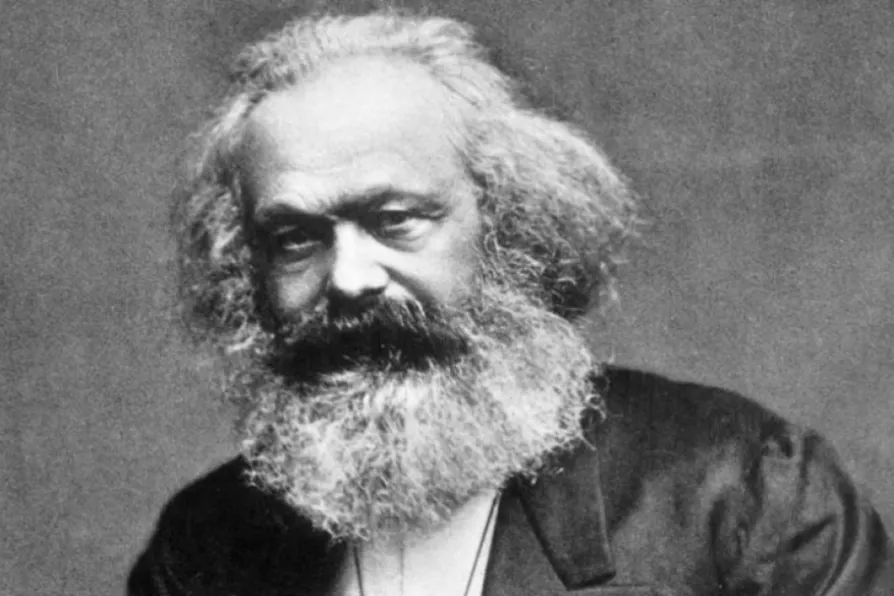Does widespread and uncontrolled use of AI change our relationship with scientific meaning? Or with each other? ask ROX MIDDLETON, LIAM SHAW and MIRIAM GAUNTLETT


THE correspondence between Marx, Engels and others occupies several volumes of the 50-volume Collected Works. The correspondence, of course, is not a diary and much is rightly taken up with the theory and practice of politics.
Yet there are passages which reflect Marx and Engels’ life in mid-Victorian England and how they viewed affairs in what was then the predominant capitalist power. These insights often informed their political and theoretical work and they also take away from the right-wing stereotype that Marx and Engels were iconoclasts untroubled by the issues and difficulties of daily life.
While Christmas had been reinstated as a holiday period in the 1850s, partly thanks to the efforts of Charles Dickens, the marking of Easter developed more slowly. Good Friday, then as now, was an important Christian occasion but Easter Monday did not become a public holiday until after the 1871 Bank Holidays Act. Before then, cheap rail excursions for the working class had started to become a feature.

The summer saw the co-founders of modern communism travelling from Ramsgate to Neuenahr to Scotland in search of good weather, good health and good newspapers in the reading rooms, writes KEITH FLETT

KEITH FLETT revisits the 1978 origins of Britain’s May Day bank holiday — from Michael Foot’s triumph to Thatcher’s reluctant acceptance — as Starmer’s government dodges calls to expand our working-class celebrations











